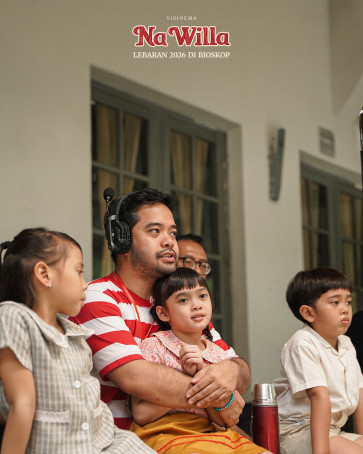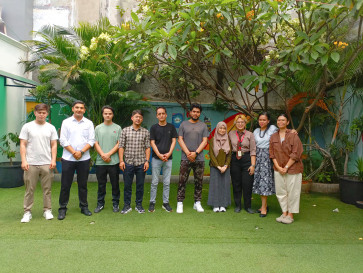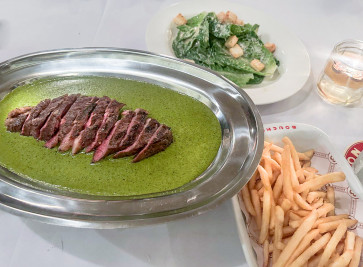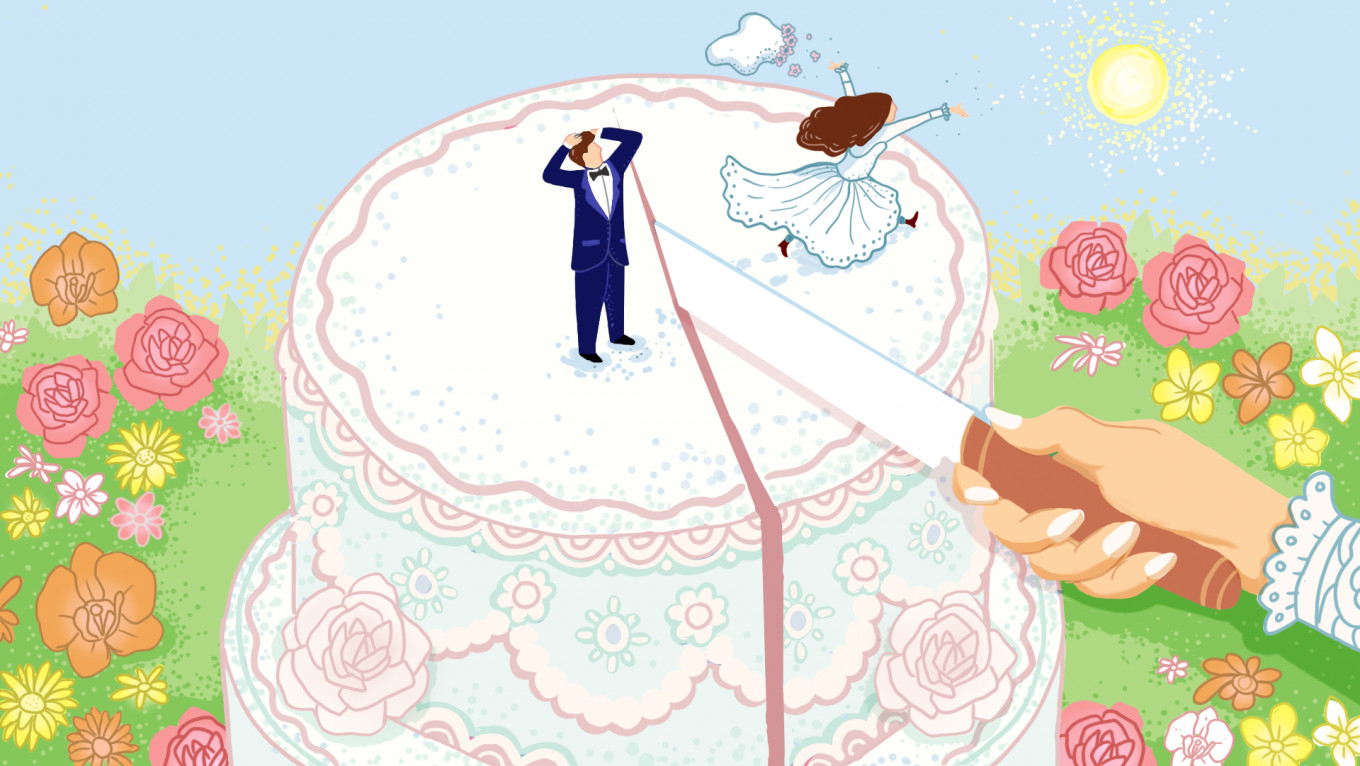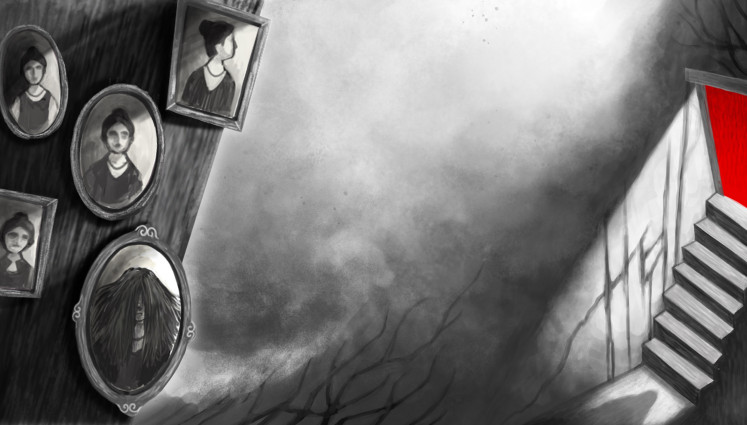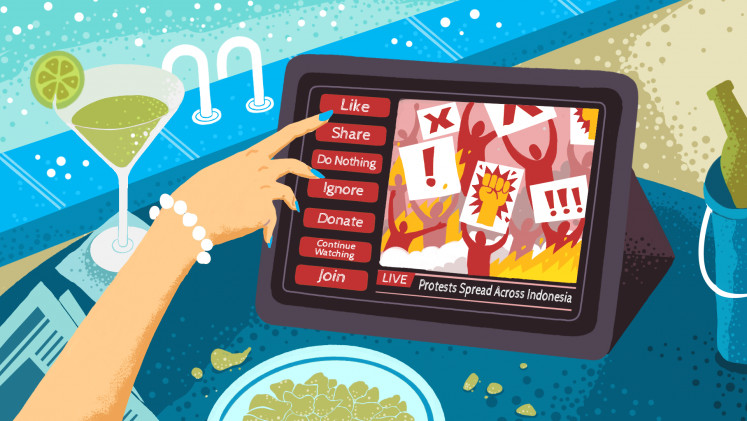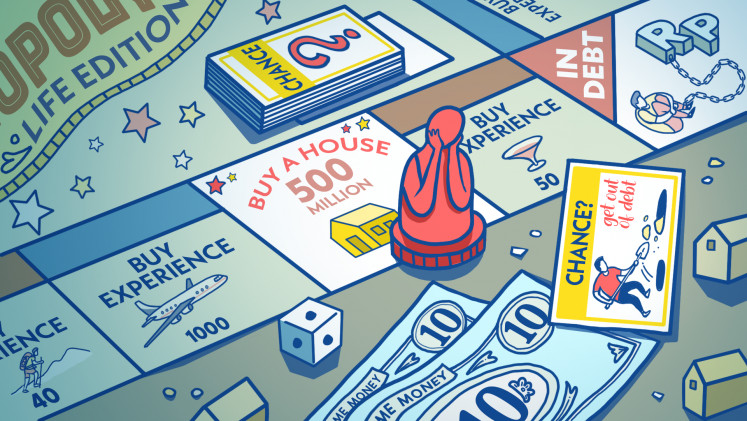“Congratulations on your divorce! I’m happy for you,” said a senior I’d just met at a university alumni event, moments after asking whether I was married.
I was taken aback. It was the first time anyone, let alone a stranger, had ever congratulated me on my divorce. Most people offer frowns, a polite “sorry to hear that,” or a thinly veiled curiosity to hear the whole story. Only a select few who know the real version of events ever react with joy.
This woman was different. She beamed as she rattled off suggestions for what I should do next: go abroad, pursue a PhD, take on the world. The options, she told me, are limitless.
Is this a sign that attitudes toward divorce in Indonesia are finally shifting?
You see, for many women, divorce is both a liberation and a becoming. But the journey to get there is rarely straightforward, and never cheap. The cost of freedom, both literal and emotional, is steep.
You don’t just walk away from a marriage gone bad. You fight, you pay, you grieve. And only then, if you’re lucky, can you begin again.

Thank you!
For signing up to our newsletter.
Please check your email for your newsletter subscription.
Paid in time
For Melly, 63, the price was time. She separated from her husband in 2009 after years of infidelity and constant fights, thinking divorce would be the peaceful solution. But her parents disagreed.
“They wouldn’t let me go through with it,” she said.
“We’re still a traditional family, and my parents are respected by our Sumatran tribe, the neighborhood and their religious groups. ‘What will people say?’ and ‘Think about the kids’ were the two main weapons against my decision.”
“I felt like nobody cared about my feelings,” she recalled.
Even the kampung adat (customary village), which Melly hadn’t been part of since she was two, weighed in, threatening her with a fine in the form of a buffalo if she went through with it.
“It was all so absurd,” she said.
It took another 10 years, and her daughter’s wedding, before she finally filed for divorce. By then, the old arguments no longer applied. After a long period of religious reflection and navigating the shame imposed by her extended family, she did it.
At 57, she finally became a free woman again.
And then there's the money
The financial cost of divorce varies widely, but for many, it’s another barrier entirely.
The official court fee through the Religious or State Court starts at around Rp 1.1 million (US$65), depending on how many trial sessions you need. This excludes transportation, documentation and other incidental expenses.
Hera, 49, managed to separate amicably out of court, which helped.
“We only needed two hearings and one mediation session. I even got Rp 500,000 back from the deposit,” she said.
But not everyone is so lucky. Messy divorces mean lawyers, and lawyers are expensive.
In my case, I paid Rp 30 million up front, plus a 10 percent success fee on any disputed assets.
Hani, 33, also paid Rp 30 million but avoided the success fee thanks to a prenuptial agreement. Her case was clear-cut, infidelity, ongoing disputes, financial neglect, but the pandemic still dragged it out for nearly a year. Thankfully, her lawyer offered an all-in fee.
“It’s not a small amount of money,” Hani said, “but I’d rather spend it than go through the long process myself and have a continuous mental breakdown. I’d rather use my energy for work and for keeping myself together.”
Others aren’t as fortunate. One friend paid Rp 20 million just for pre-court consultations and was quoted Rp 60 million for the full process.
According to Neni Zunaini, partner at ARMA Law, legal assistance is often essential, especially in disputed divorces.
“We strive to help save time and reduce the emotional strain, particularly for clients with limited understanding of the complex legal and regulatory landscape in Indonesia,” she said.
These legal battles often revolve around child custody and alimony.
“When a wife initiates divorce proceedings, the legal obligation for the husband to pay alimony isn’t always automatic,” Neni explained, adding that their role is to advocate for their clients’ rights throughout the process.
But beyond the legal hurdles, there’s the emotional weight of navigating a system still steeped in patriarchy. Courtrooms remain largely male spaces, and the misogyny can be blatant, even from those meant to uphold justice.
I’ve both heard and experienced how little regard is given to a woman’s side of the story during trials and mediation. In my case, the mediator dismissed the facts I presented and instead advised me to “be less busy” and accept whatever my husband could provide so that I can be a “better doting wife”.
And don’t even get me started on the open secret of how dirty the system can be, where decisions, like everything else, are open to under-the-table negotiation.
All this is still just the legal process. What about what happens outside the legal court, at the court of public opinion?
‘But what will people say?’
Divorced women face a different kind of struggle that no lawyer or therapy session can easily fix: social stigma.
In a culture that equates marital status with success, being a divorcée still carries a whisper of failure, a shame carried more by women than by men. The burden of blame falls mostly on women, who are faulted for not being “good enough” to keep the marriage alive.
(B/NDL Studios/Budhi Button)
Hani, who divorced before it became “trendy” among Millennials, remembers the pity. “‘So sorry to hear that,’ or ‘poor you.’ But I was fine. I was actually happier than I’d been in years. My closest friends congratulated me; they knew how hard it was to walk away.”
Even Hera, who is surrounded by a supportive circle, still hears the occasional joke about janda (divorced women).
“Most women don’t have the luxury of a progressive bubble,” she said.
“My helper, who divorced her abusive husband, decided to remarry quickly and started wearing a hijab just to avoid the gossip.”
As for me, I prepared for battle. I made sure my reasons were clear in the court documents. Not because I owed anyone an explanation, but because I knew the day might come when people would ask and I wanted the receipts.
Still, times are changing. Mental health, self-worth and the concept of self-love are becoming more mainstream. Celebrity divorces have added visibility, giving people language, and courage, to talk about what they’re going through.
“With more information, society has become more rational,” said Hani.
“We’re more interested in the why instead of the status. Our generation is also more aware and more willing to break the trauma chain they experienced or witnessed growing up.”
Hera agreed, adding that children know when their parents are unhappy.
“That trauma lingers, shaping how they see relationships in the future,” she said.
“Relationships, including friendship and marriages, can change, so we have to normalize it.”
This growing acceptance marks a subtle but vital shift. Progressive voices on social media, therapy culture and women’s support groups are chipping away at the social stigma, and consequently at one of the “costs” women have to pay for their freedom.
What comes after
Despite the steep financial, emotional and social costs, becoming a divorcée is a worthwhile journey for many women.
“When it was finalized, it felt surreal,” Hera said.
“I needed time to grieve. Therapy’s expensive too. But we’re on good terms. We coparent our child, and we still love them, that matters most.”
Hani, who didn’t have kids, experienced a different kind of high. “The first month after I cut him off, I realized my salary wasn’t small, I was just paying for everything. Now I can choose how to spend my time, my energy, my money.”
But perhaps the biggest shift is internal. Divorce, for many, is the start of a new relationship, with yourself.
“That version of me is gone,” Hani said.
“Divorce was the best decision I ever made. I’m proud of how far I went for love. But now I protect myself too.”
Romance, if it comes again, takes a different shape.
Hera isn’t rushing. While she doesn’t feel like she has the energy to go through the whole dating process again, she admits she’s pleasantly surprised to find that she still longs for intimacy and a partner to share life’s load.
“I see relationships differently now,” she said.
“The illusion of marriage is gone. I see things as they are, not through rose-colored glasses.”
Hani took three years before dipping a toe into online dating, and now she’s been in a stable relationship for almost three years.
Melly, who had emotionally left her marriage years before filing the paperwork, remarried soon after her divorce. Her second marriage lasted four good years until her husband passed away. Her goal had shifted: She wanted a partner who would bring her closer to God, and she found him.
Worth the cost
Freedom isn’t free, but it might just be worth it.
Thankfully, attitudes toward divorce are beginning to change. But even though the cost of divorce remains steep, for many women, what comes after, peace, possibility and a chance to start again, is priceless.
Since her divorce, Hani moved to Yogyakarta “to heal”, then returned to Jakarta, where she was promoted to director and now moonlights as a Pilates instructor.
Melly is retired, focusing on religious study and spending a month each year in Mecca.
Hera is raising her child, thriving as a journalist and consultant.
And me? I’m here, telling their stories.
Because once you’ve paid the cost of freedom, you realize you can afford more than you thought.
Adelia Anjani Putri, a communications consultant and former reporter, has found herself writing again. She’s also exploring a career shift that would let her pursue her passions for cooking and catsitting—ideally with a paycheck.




